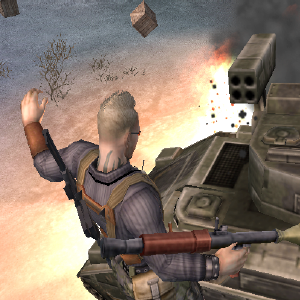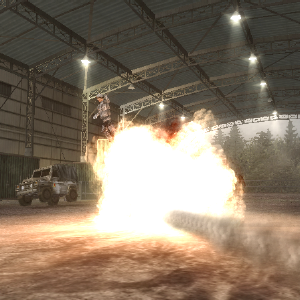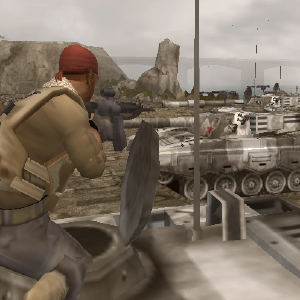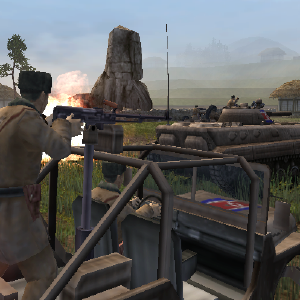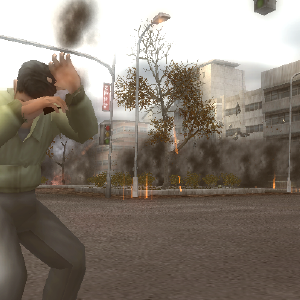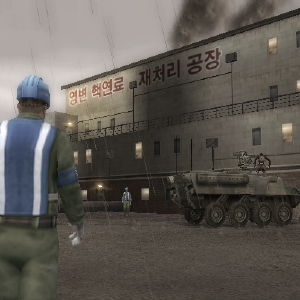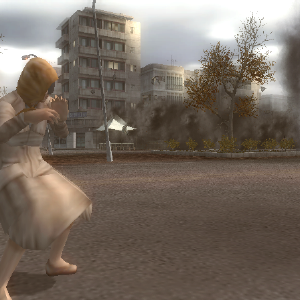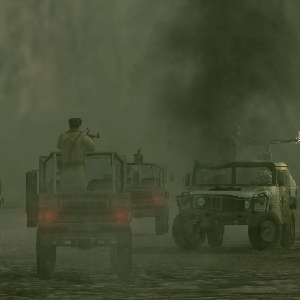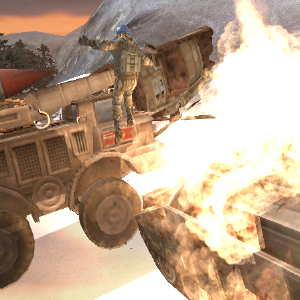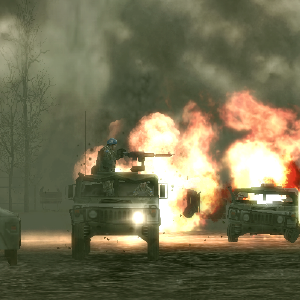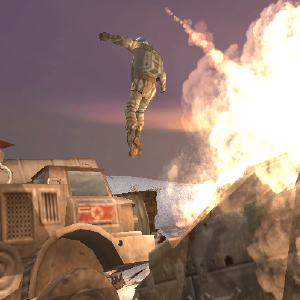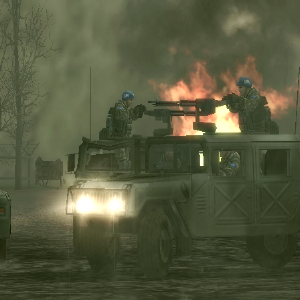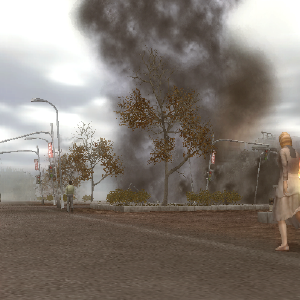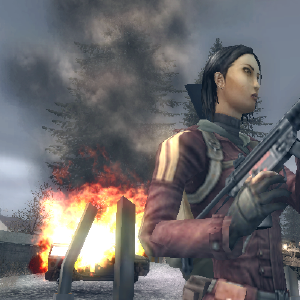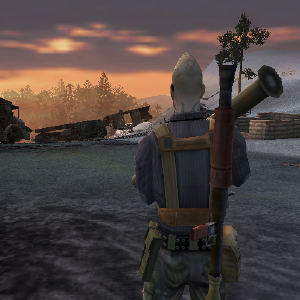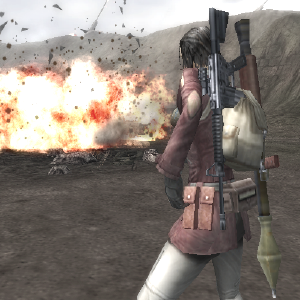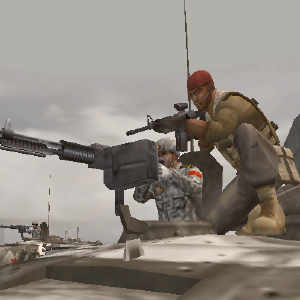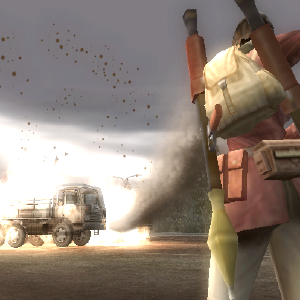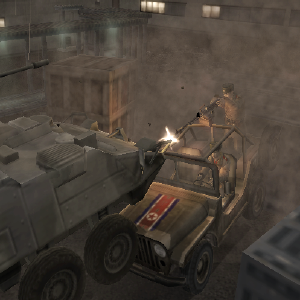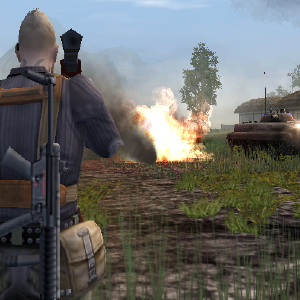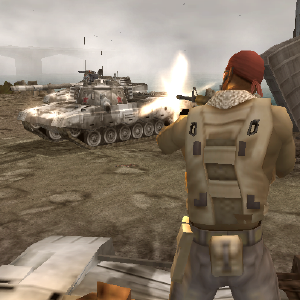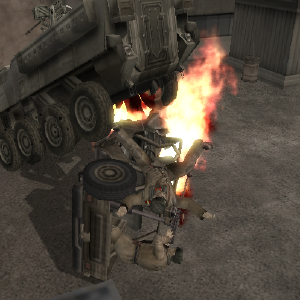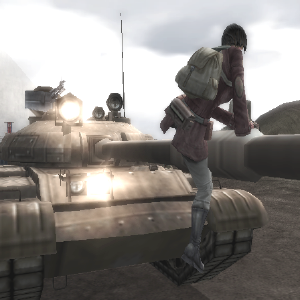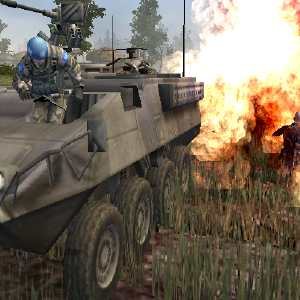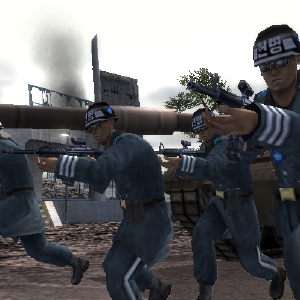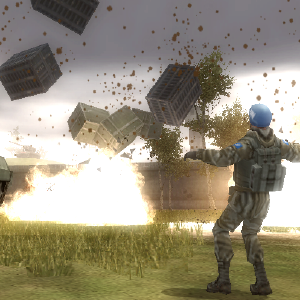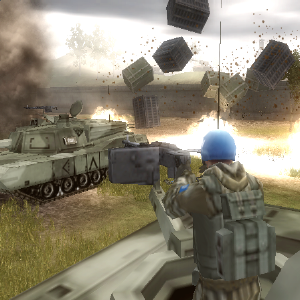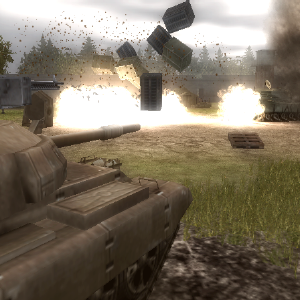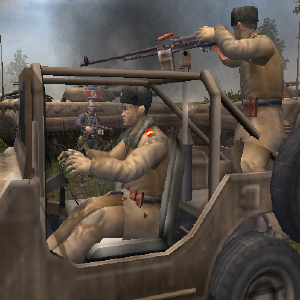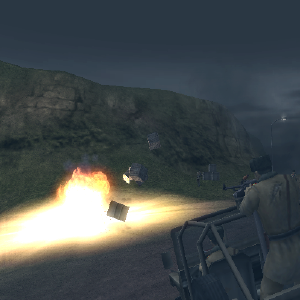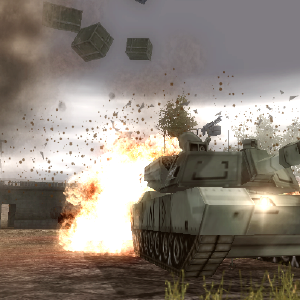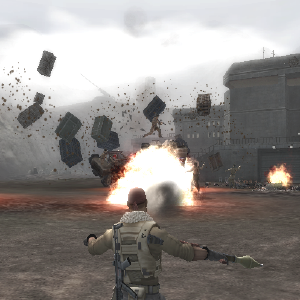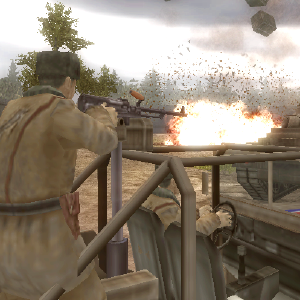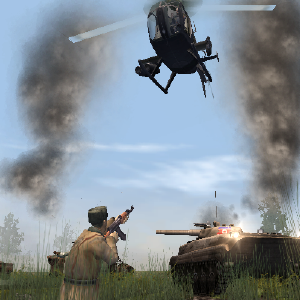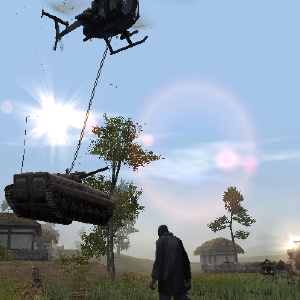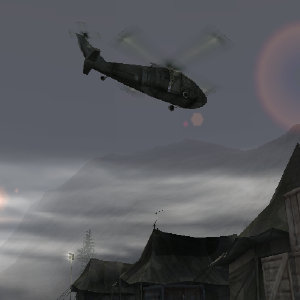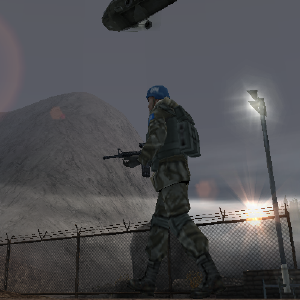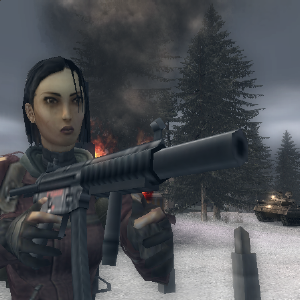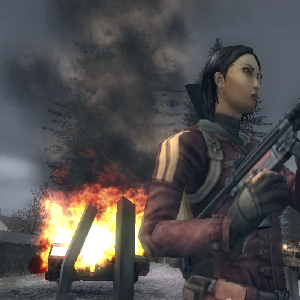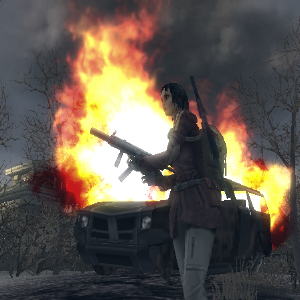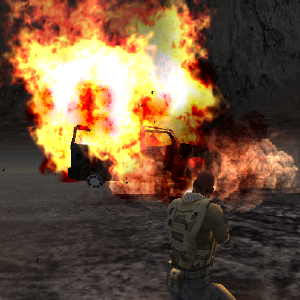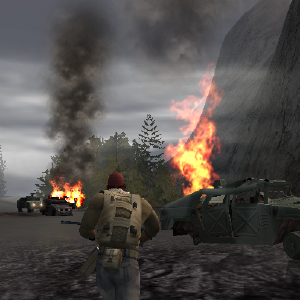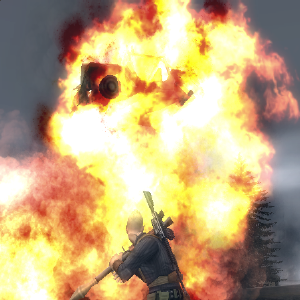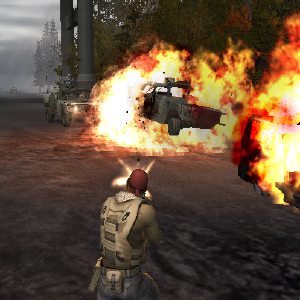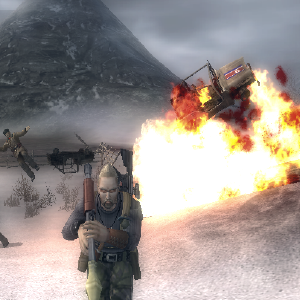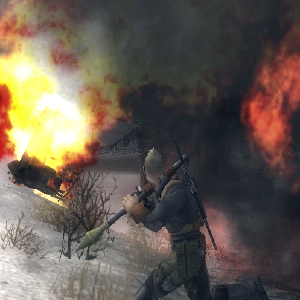Mercenaries was my first shipped game as a professional game developer. In working on this game, I consider myself lucky on at least three counts! First was that I was working for Pandemic Studios, which had a great culture and saw incredible growth in capacity and value. Second, I was working on an amazing game that was both commercially and critically well received, sold quite well, and is still looked upon fondly and even still played today (Some people go entire game careers without similar hits, and I got to enjoy one on my first go). Third, I got to work on an awesome development team, which to me, of all these things, is the most important. I always say, I’d rather work on Pony Simulator 3000 with a great team than any wish-list dream project with a bad team.
The team and experience was so good in fact, that in a way it was almost bad, in that it set an expectation in me that this was how game development would always be. Little did I know that most projects, by a long shot, are battling poor leadership, internal politics, lack of funds, lack of talent, and on and on. The degrees at which these problems exist vary from project to project, and I can’t say there were no problems at all on the Mercenaries team, but from my view (just a boots on the ground developer) they were very minimal and paled in comparisons to all the things we did right.
One thing I loved, and often reflect on, is the culture of positive competition. It almost felt like every day you came into the office and sync’d to the latest build, you’d see something new and awesome that another developer had put into the game the night before, and more than just wow’ing you, it pushed you to want to create awesome things yourself. Maybe this threads some kind of needle, and perhaps in the wrong context could be toxic, but on the Mercenaries team, it was born of good energy. It was a result of us loving what we were making, and it was a ton of fun.
I also just loved the scrappiness of it all - and the openness to anybody contributing in the ways they could. Of course we had our primary responsibilities, but anyone could be part of a critical design discussion. And anyone could help drive a particular feature. I did enough design work that I was able to get a secondary credit as a designer on the project. I even, in my proposed (and accepted) design for the front-end (in which the UI is layered on top of a camera fly-through of a ruined North Korea) contributed a little something to the game’s artistic vision.
And yet another thing we had going for us was great leadership. On the team itself, I, and I believe most others, would credit Cameron Brown (Mercs team Creative Director, and now founder of RecRoom) for providing the core project leadership and setting up a healthy and enjoyable working culture. Additionally, we had Andrew Goldman and Josh Resnick providing solid company leadership, which created the right context for successful games making (a wholly underrated aspect of game development).
So, Mercenaries was a great project and, as I noted, a simultaneously lucky and unlucky FIRST project to have shipped. Though my friends and I were able to recreate its vibe on some of my smaller efforts, it wasn’t until I was at Skydance, a full decade later, that I got to truly experience similar development magic at scale. Which goes to show, if you’re on an great development team making a great game, cherish it - they aren’t all like that. Not even close.
To wrap, and since I am posting this as part of my portfolio, I suppose I ought to get a little into the specifics of what I did on Mercenaries. It’s been a looong time, but here are some of the things that I remember working on:
- Lead/Directed the design of the Cover Disk demo (included with Official PlayStation and Official Xbox Magazines, I believe)
- Designed and implemented the front-end, title, and credits sequences
- Implemented a boids simulation for birds (but it had to be removed for performance reasons)
- Implemented per-polygon collision detection, which was used until we replaced everything with Havok physics.
- Implemented a procedural tree/wind animations
- Integrated the Lua scripting language, and created and maintained the designer’s API for it
- Created first working example of a vehicle hijack sequence (with a helicopter even)
- Designed the gameplay-side architecture that allowed the player and AI to get in and out of and use any vehicle.

